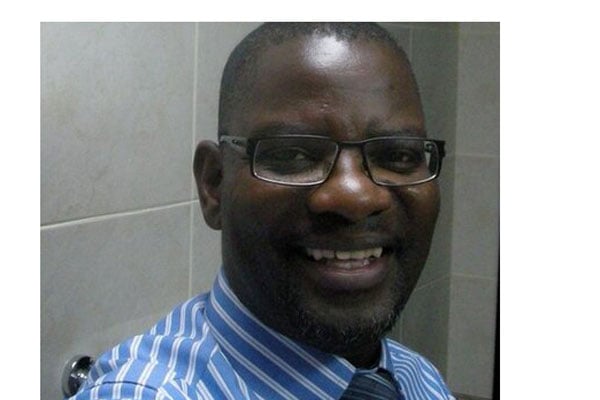Will Rwanda remain stable if and when Kagame finally bows out?

Author: Musaazi Namiti. PHOTO/FILE
What you need to know:
- Some people who have worked with him and know him well have been quoted in media reports and books giving chilling accounts of his streak of ruthlessness, and his government has been sharply criticised for bumping off dissidents.
Paul Kagame has presided over Rwanda for decades and managed to keep it stable, earning himself the name “Rwanda’s strongman”.
Some people who have worked with him and know him well have been quoted in media reports and books giving chilling accounts of his streak of ruthlessness, and his government has been sharply criticised for bumping off dissidents.
This week Mr Kagame’s government jailed Paul Rusesabagina, a Hutu and vociferous critic who inspired the film Hotel Rwanda, for forming and funding a group that carried out terrorist attacks in Rwanda. Mr Rusesabagina, who sheltered more than 1,200 people at a luxury hotel where he was a manager during the 1994 genocide, was sentenced to 25 years, along with other 20 defendants.
Depending on who you speak to, the trial was a sham. And it came against the backdrop of assassinations and disappearances of opponents.
The list of those who have been killed or forcibly disappeared keeps growing. Here is how Deutsche Welle, the German broadcaster, presented it: Revocant Karemangingo, killed in Mozambique in 2021; Ntamuhanga Cassien, disappeared in Mozambique in 2021; Abdallah Seif Bamporiki, shot dead in South Africa in 2021; Kizito Mihigo, died in Rwandan police custody in 2020; Anselme Mutuyimana, found dead in the woods in 2019; Jean Damascene Habarugira, disappeared and his body was found in a local hospital in 2017; Illuminee Iragena, went missing in 2016 and is thought to have been forcibly disappeared.
Others include Patrick Karegeya, former intelligence chief who was found dead in a South African hotel in 2014; Theogene Turatsinze, former head of the Rwanda Development Bank who was found dead in 2012 in a river near the Mozambican capital Maputo; Charles Ingabire, reporter and founder of Inyenyeri who was killed in Uganda in 2011; and Andre Kagwa Rwisereka, deputy chairman of Rwanda’s Democratic Green Party who was found murdered and beheaded in 2010.
Rwanda normally issues denials, but this is only to be expected — because it is extremely rare that people or governments who are being accused of wrongdoing will call news conferences and admit guilt.
What lends credence to the accusations that Rwanda is to blame for some of these killings and disappearances happened way back in May 2011. Then British police delivered warnings to two Rwandan dissidents living in Britain and told them that their lives were in danger because they were the target of an assassination plot by the Rwandan government.
British police may have weaknesses, like all police forces, but they are highly professional. By the time they approach someone to warn them that their life is in danger, they will have gathered solid evidence. Indeed, the letters that police delivered to the dissidents cited “reliable intelligence”.
Given that Rwanda has a history of eliminating what it calls state enemies, it is curious that the government decided to jail 67-year-old Rusesabagina. But the more pertinent question is whether Mr Kagame’s rule will leave Rwanda stable once he leaves power, once he breathes his last, as all people who are breathing will in the course of time.
Are families and friends of those who have been either killed or survived assassinations happy? Are ethnic tensions between Hutus and Tutsis now history? Only the passage of time will answer these questions.
Mr Namiti is a journalist and former
Al Jazeera digital editor in charge of the Africa desk
[email protected] @kazbuk




